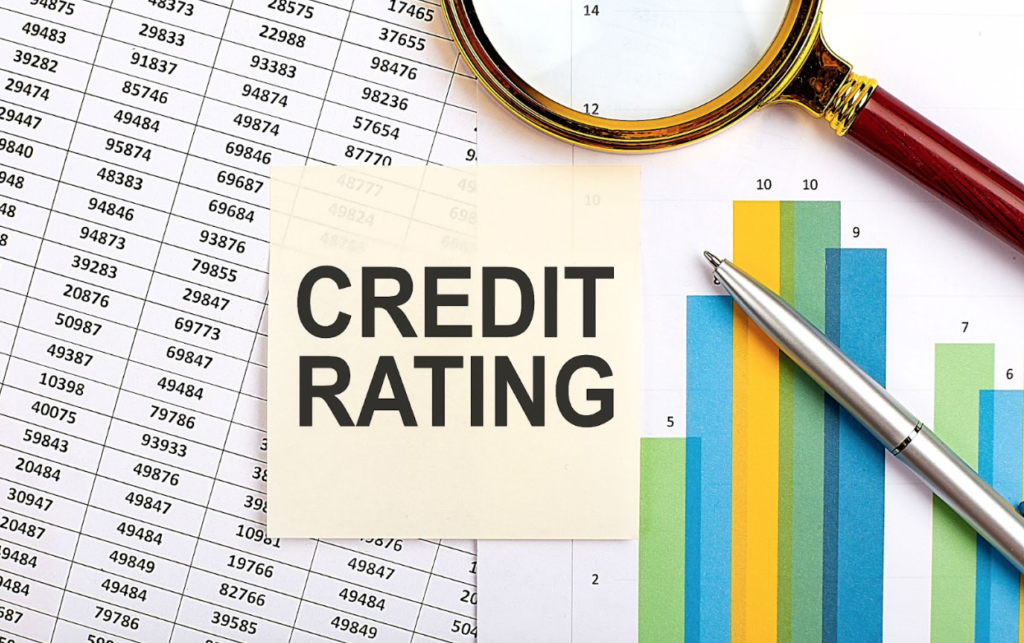
Building credit is a crucial step in taking control of your financial health. Whether you’re starting from zero or trying to improve your score, it’s important to know that building credit takes time and effort. We’ll talk about how credit scores are calculated, how long it takes to build credit, and steps you can take to improve your score. We’ll use simple language so that everyone, no matter their level of financial education, can understand.
1. What is a Credit Score and Why is it Important?
Your credit score is a number that lenders use to figure out if they should trust you with credit. It reflects how well you manage debt. If you pay your bills on time and don’t borrow too much, your score goes up. A good credit score can help you get loans with lower interest rates, which saves you money.
2. How Are Credit Scores Calculated?
Credit scores are based on several factors:
- Payment History: This is the biggest factor in your score. Lenders want to see if you pay your bills on time.
- Current Debt: How much do you currently owe on your credit cards, loans, etc.?
- Credit Utilization Ratio: This is the percentage of your credit limit that you’re using. If you’re using a lot of your available credit, your score might go down.
- Types of Credit: Having different types of credit (credit cards, loans) can help boost your score.
- Number of Credit Accounts: The more accounts you have (that you manage well), the better.
- Length of Credit History: The longer you’ve had credit, the better your score.
- New Credit Applications: Every time you apply for new credit, it can temporarily lower your score.
3. How Long Does It Take to Build Credit?
If you’re starting with no credit history, it generally takes about three to six months to build your first credit score. Here are some ways to start building credit:
- Get a secured credit card, which requires a cash deposit as collateral.
- Become an authorized user on someone else’s credit card.
- Take out a small loan and make sure to pay it back on time.
4. Why You Might Not Have a Credit Score
If you’ve never borrowed money or haven’t used credit in a long time, you might not have a credit score. Also, if you have credit accounts from another country, they won’t count toward your U.S. credit score.
5. How Long Does It Take to Improve Your Credit Score?
If you already have a credit score and you want to improve it, the time it takes depends on where you’re starting from. For example:
- If you have no credit history, you can build a score in about 3-6 months.
- If you have poor credit, it might take longer to rebuild it, especially if you have things like missed payments or maxed-out credit cards on your report.
6. Why It Takes Time to Fix Credit
Your credit score doesn’t change overnight because it looks at your behavior over a long period. If you’ve missed payments, they might stay on your credit report for years. The good news is that as you start making better choices—like paying your bills on time and using less credit—your score will begin to improve.
Tips to Build and Improve Your Credit
- Make On-Time Payments: This is the most important factor in building good credit. Late payments can lower your score quickly, so always pay at least the minimum on time.
- Keep Your Credit Utilization Low: Try to use less than 30% of your credit limit. For example, if you have a $1,000 limit, don’t spend more than $300 at any time.
- Length of Credit History Matters: The longer you have a credit account, the better. Even if you’re not using an old credit card, keep it open because it adds to the length of your credit history.
- Limit New Credit Applications: Every time you apply for new credit, it causes a small, temporary drop in your score. So, only apply for credit when you really need it.
- Check Your Credit Report: Make sure there are no mistakes on your credit report. You can get a free credit report from AnnualCreditReport.com. Errors on your report could hurt your score, so it’s important to check it regularly.
How to Build Credit Fast
- Report Other Bills: If you have a thin credit file, you can use services like Experian Boost to report things like rent, utility, and phone payments. This helps round out your credit profile.
- Catch Up on Late Payments: If you’re behind on any payments, catching up can prevent further damage to your score.
- Limit New Credit Applications: Don’t apply for too many credit cards at once. Applying for a lot of credit lines in a short time can signal to lenders that you’re in financial trouble.
Conclusion
Building credit takes time, but with consistent, responsible habits, you can improve your score. Start today by paying your bills on time, using your credit cards wisely, and checking your credit reports regularly. As you continue making smart financial decisions, you’ll see your credit score grow, opening up more financial opportunities for you in the future.
